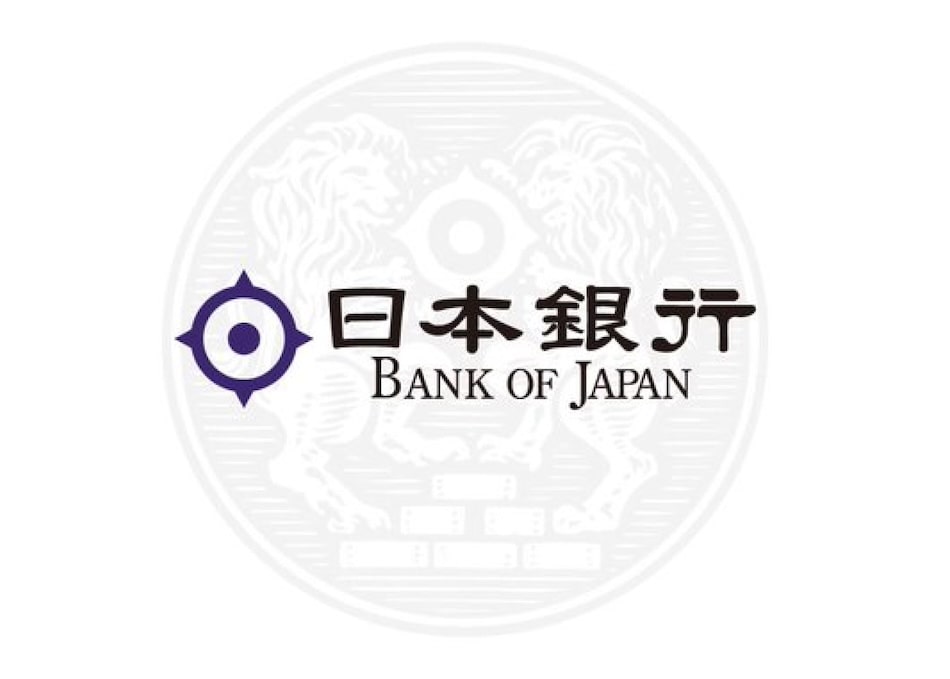
Key Takeaways
- Bank of Japan raised interest rates to 0.5%, the highest since 2007.
- Core consumer prices in Japan rose 3% in December year-over-year.
- Experts anticipate further rate hikes as inflation and wages grow.
The Bank of Japan (BOJ) has raised its short-term policy interest rate to 0.5%, the highest level in 17 years, following a sharp increase in consumer prices.
Official data released on Friday revealed that core consumer prices rose by 3% in December compared to the previous year, marking the fastest pace in 16 months.
Policy background
This decision marks the BOJ’s first rate hike since July, as Governor Kazuo Ueda attempts to manage inflation while avoiding market disruptions.
The move follows last year’s hike, which ended Japan’s negative interest rate policy that had been in place since 2007.
Negative rates, designed to encourage spending by penalizing bank deposits, have been abandoned as inflation pressures grow.
Expert analysis
Experts suggest further rate hikes may follow. Neil Newman of Astris Advisory Japan noted:
Rates will continue to rise as wages increase, inflation remains above 2%, and there is some growth in the economy.
Stefan Angrick, a Japan economist at Moody’s Analytics, anticipates another 25-basis point increase in six months.
Future outlook
The BOJ aims to eventually stabilize rates around 1%, a level neither stimulating nor constraining economic activity.
By acting now, the bank preserves its ability to cut rates in the future if economic growth slows.
This decision underscores the BOJ’s intent to balance inflation control and economic growth as Japan emerges from years of stagnant price levels.




